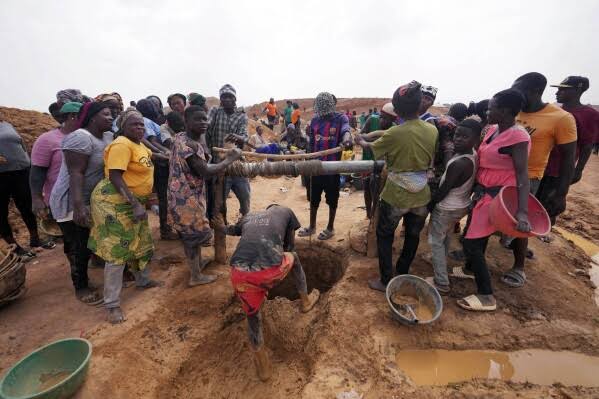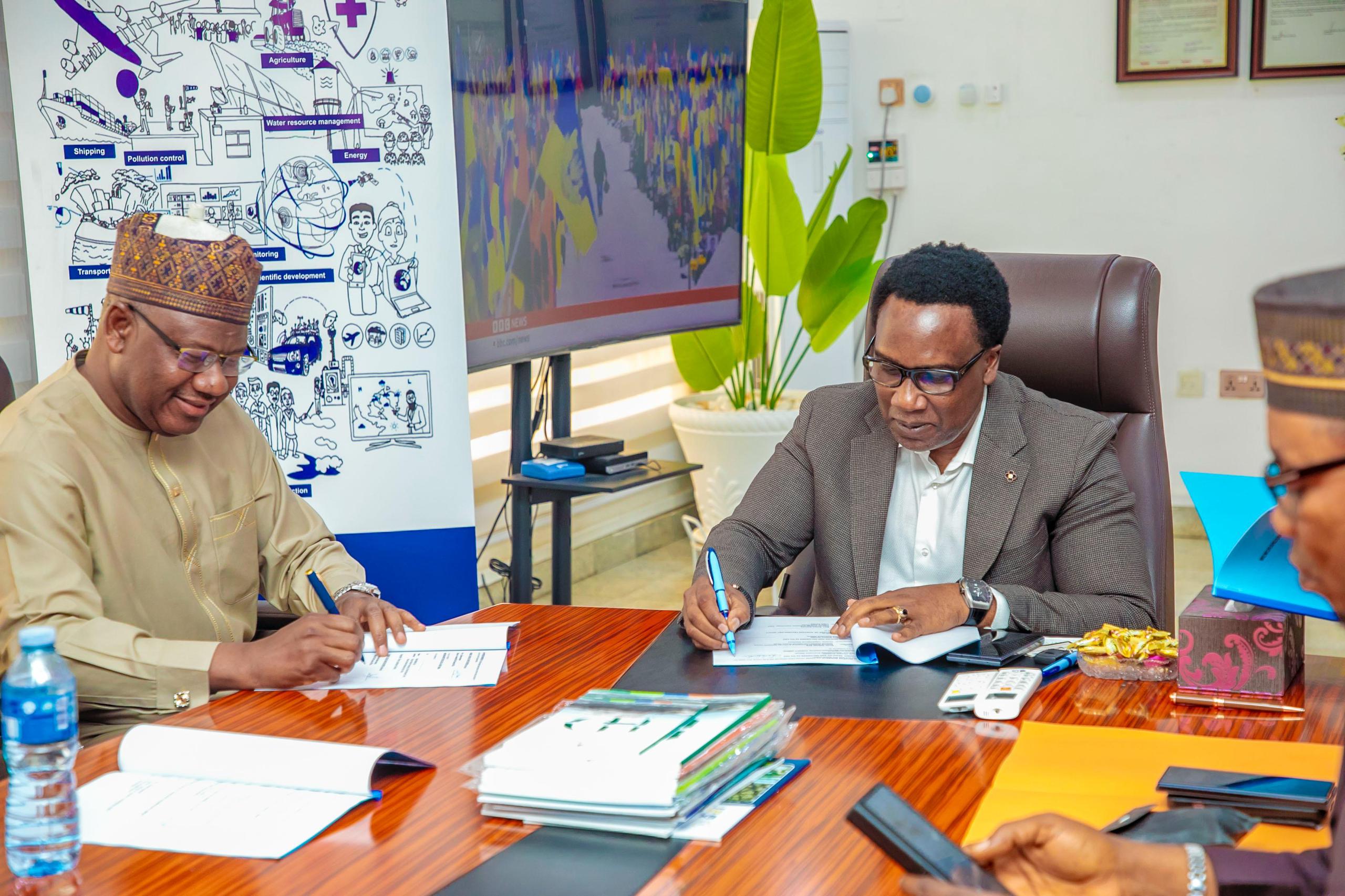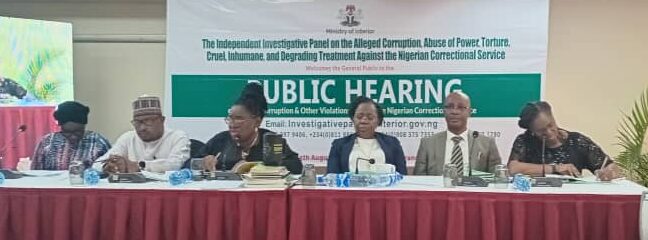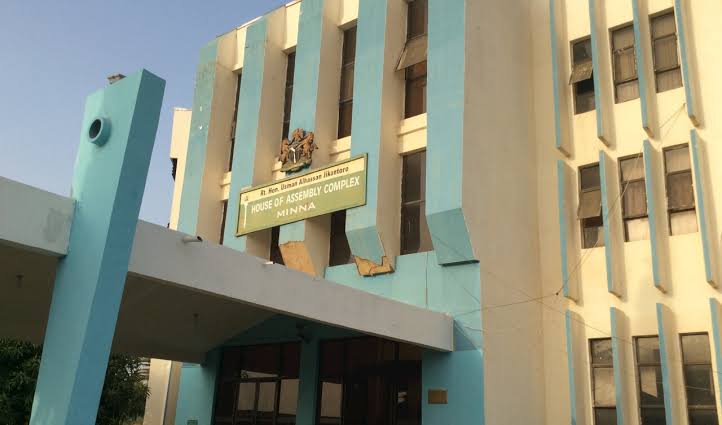By: Goodluck E. Adubazi, Abuja.
The Independent Investigative Panel on Alleged Corruption, Abuse of Power, Torture, and Other Human Rights Violations resumed its proceedings on Wednesday, August 13, 2025, focusing on the rehabilitation and reintegration of inmates within the Nigerian Correctional Service (NCoS).
The day’s session featured a presentation by representatives of the NCoS, which centered on the effectiveness of vocational training, education programs, and post-release reintegration mechanisms designed to prevent recidivism.

During the summary of the proceedings, Dr. Uju Agomoh addressed the media, highlighting key areas of concern and recommendations raised during Day 3 of the hearings.
According to Dr. Agomoh, the panel emphasized Section 10 of the Nigerian Correctional Service Act (2019), particularly sub-sections D through H. These provisions stress the need to identify the causes of anti-social behavior, assess inmate risks and needs, and implement behavior modification programs.
The panel tasked the NCoS with providing a detailed state-by-state breakdown of all correctional centers, including the operational status of their workshops and related activities. The aim is to assess compliance with Section 10 and identify gaps in implementation.

Additionally, panel members noted that these provisions are interconnected and stressed the importance of identifying areas where they are currently being implemented successfully, in order to replicate such models in other centers.
The panel’s attention also turned to Section 14, with a particular emphasis on sub-sections 4(a) and 4(b). These clauses mandate that one-third of profits generated from prison enterprises—such as farms and vocational industries—be shared with inmates and reinvested into a revolving fund to sustain such enterprises.
The panel sought clarification on how this provision is being implemented across correctional facilities. It demanded data on how many inmates have benefited from the profit-sharing scheme and details on funds retained for workshop sustainability.
Dr. Agomoh, who serves as the panel’s secretary, noted that where compliance has not been achieved, the NCoS must explain the challenges and outline plans for full implementation.
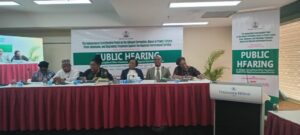
The panel also called on the NCoS to consider implementing incentives to recognize and encourage correctional centers that demonstrate best practices. Additionally, it requested detailed data on:
The number of inmates participating.
The types of enterprises operational in each facility.
The total proceeds, inputs, and outputs of these enterprises.
It was noted that many facilities lack robust data management systems, prompting a recommendation for targeted training for personnel overseeing these centers.
The issue of aftercare and post-release support was also brought to the fore. The panel questioned how the NCoS plans to integrate aftercare services within the framework of the 2019 Act, especially in relation to non-custodial measures.
It requested a comprehensive list of all inmates trained from January to July 2025, including the skills acquired and trade tests completed. Equipment provided during this period must also be itemized.
In addition, the panel emphasized the importance of family involvement in rehabilitation, urging the NCoS to submit a list of facilities with spaces designated for family visits. Where such infrastructure is lacking, the panel asked for a breakdown of the challenges and plans to improve access.
The panel commended various NGOs, women’s organizations, and academic partners—particularly the National Open University—for their ongoing support. However, it also flagged significant gaps, including shortages in personnel, equipment, and marketing exposure for products made within correctional workshops.
A call was made for more structured partnerships that can institutionalize these efforts and make them more impactful.
In closing, the panel underscored the need for sustainable reform—not just to reduce reoffending, but to prevent initial offending through robust non-custodial measures.
Commendation was also given to the NCoS Public Relations Unit for its creative use of music and storytelling in rehabilitation efforts. However, the panel emphasized the need for transparency about challenges to attract adequate support.
Before proceedings concluded, the panel reiterated its earlier appeal to the media for quality and responsible coverage of its activities, stressing the crucial role the press plays in ensuring accountability and systemic reform.



